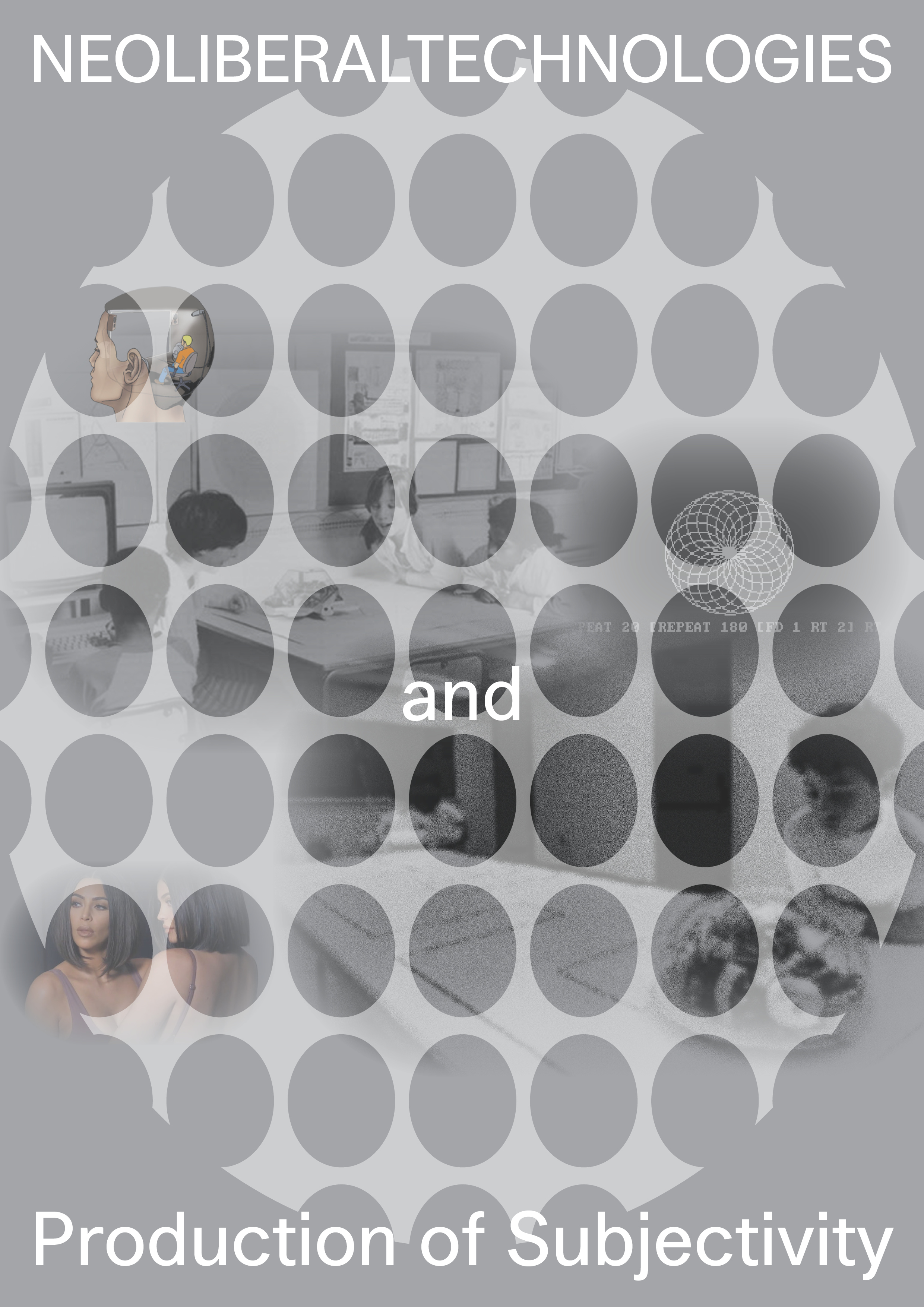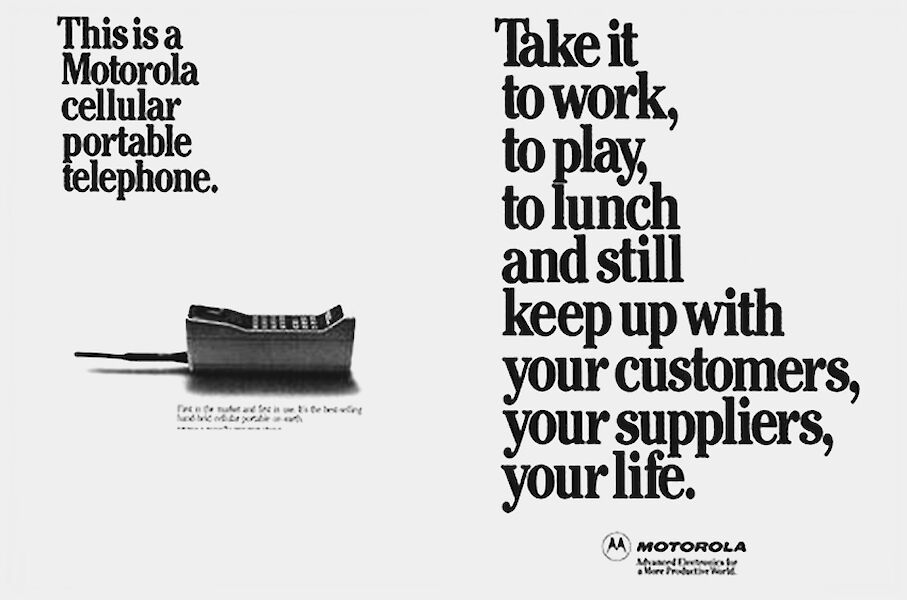
Designing and mobilising desire and affect on social media platforms are now an endless activity for an increasing amount of professional cognitive and creative workers and also non-professional users providing UGC (user-generated content) in their free time.
The ability to produce affect plays a central role in the everyday battle of attention in the experience-, attention- and platform economy that structures contemporary life under surveillance capitalism and its demands to extract human behaviour as raw material to monetise from. Here we try to bring a few aspects in a collection of new texts that investigates neoliberal media technologies and its industrial mass production of subjectivity as a primary driver for capital.
What are the effects of digital, emotional capitalism on its producers, consumers and prosumers?

In a passage from “The Semiotics of Tourism,” Jonathan Culler lays out the central paradox of authenticity (the passage was in fact the headnote to literary critic Julia Straub’s introduction to an essay collection called Paradoxes of Authenticity): for something “to be experienced as authentic it...

The shiny slick surfaces of our dark screens look innocent. They seem to be waiting quietly and patiently to be filled with ‘content’. But once loaded, design wars are ongoing – and the winning or losing of such a battle decides about what kind of user will be called into existence by the screen. In...

Every discourse feeds an illusion—an image of a world without an unconscious— on the one hand and on the other produces a claim, for example the “I claim” or “I define” of philosophical discourse, statements that serve as the declaration of power of the master and his agents. What we’re concerned wi...

We live in the spectacle, without a proletariat. When Guy Debord coined the notion of the society of the spectacle in the early 1960’s, he could of course not envision the image machines we have at our disposal today. That’s probably for the best. Debord killed himself in 1994 shooting himself in th...

On the 3rd of April 1973 a group of nervous engineers and curious journalists gathered in the Hilton Hotel in New York City for a highly anticipated launch. At the centre of the attention was Marty Cooper, an affable Motorola engineer credited with the invention of the DYNA T-A-C 8000X, the world’s...